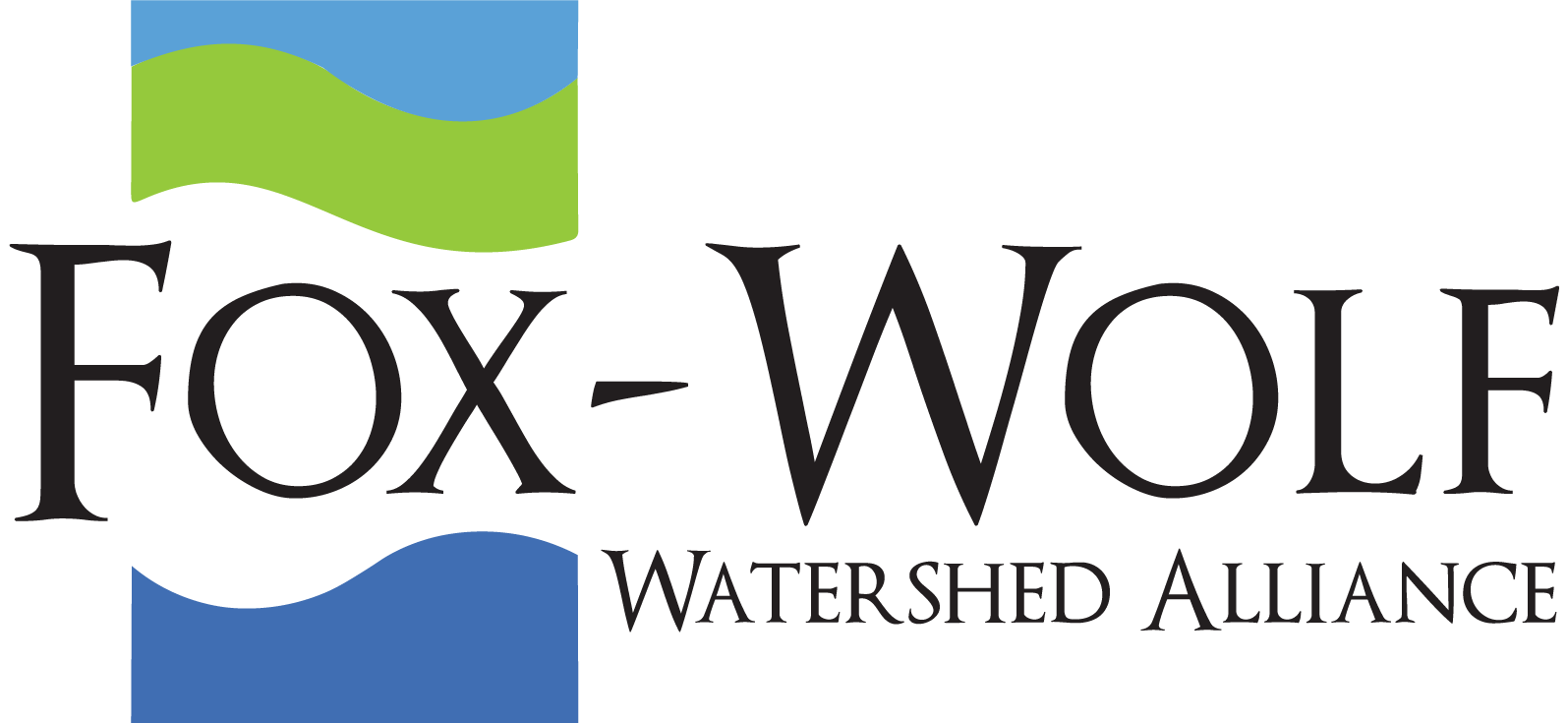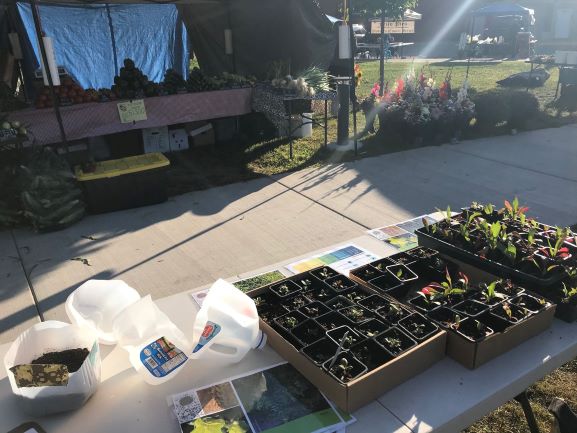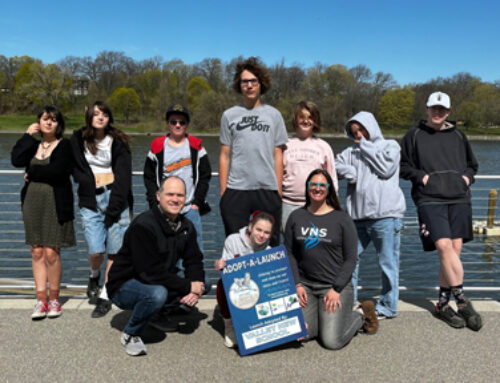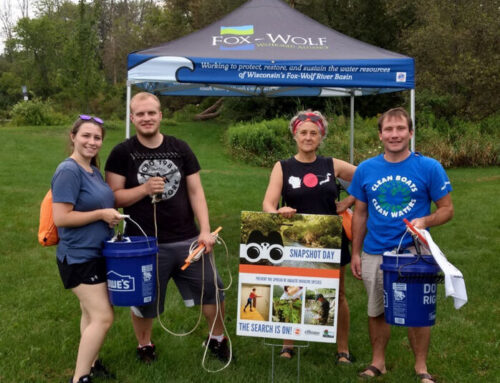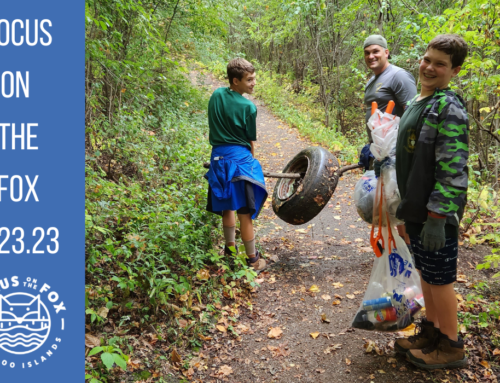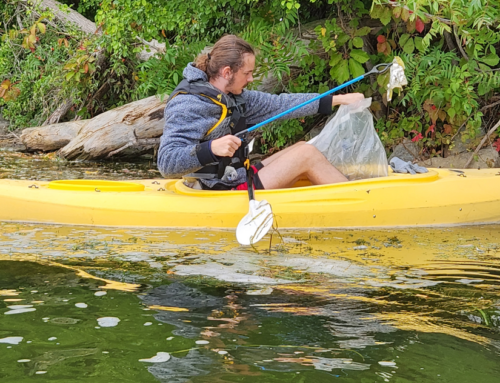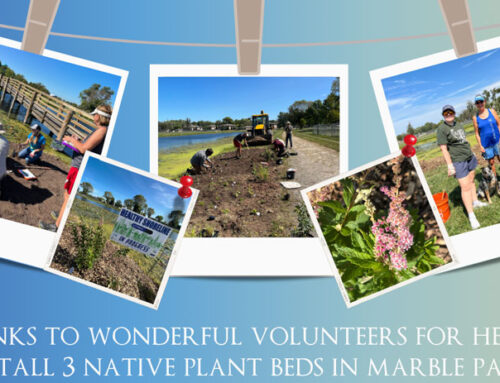The Connecting Our Waters program is working to start a volunteer led native plant program in Shawano and Menominee Counties.
During the 2019 Wisconsin Lakes Convention, a workshop led by the Dane County LCD showed how easy it can be to grow native plants from seeds. All you need to accomplish it is native plant seeds, a milk jug, duct tape, soil, and something to poke some holes. More information on Dane County LCD’s program can be found here: https://lwrd.countyofdane.com/Native-Plants-for-Schools-and-Community-Projects
The watershed coordinator for Connecting Our Waters, Emily Henrigillis, immediately knew this could be a project for Shawano and Menominee Counties. Shoreline restoration projects are a high priority in the area and cheap plants make it affordable for anyone to do a shoreline project.
Over the course of 2019, a trial run of the program has been completed by Connecting Our Waters. We started with three species of native plants with only two of them growing successfully. One single plant was grown of the third species. Even though our third species was a little bit of a bust, we can add that this method for growing native plants is relatively toddler proof. The milk jugs can be picked up, slammed on the ground, and shaken with good growth still occurring.
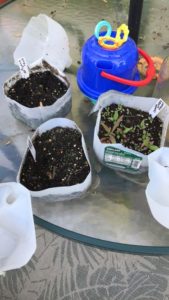

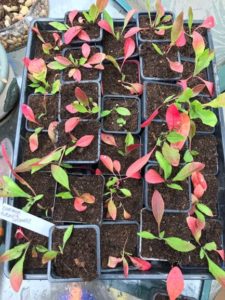
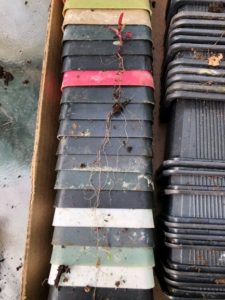
The success of this method is offering the native plants their natural conditions but in a low-cost greenhouse. Seeds are generally collected from July to October/November. The milk jugs get holes drilled in the bottom of them and are cut almost completely in half. From there the soil and seeds are added and the milk jug is then taped shut. Labeling the milk is very important. Once taped shut, the milk jugs are left outside over winter into the spring. The seeds experience the overwintering process they need to germinate this way.
Come spring, the milk jugs can remained taped shut for as long as you’d like. The plants can be left to grow in the milk jugs for as long as you’d like. Dane County offers the plants to the public during a fall plant sale. We separated the plants out of the milk jugs into their own pots in July and saw much better growth than leaving them in the milk jug.
We are always looking for people interested in collecting seeds, housing milk jugs at their house, or purchasing plants for use at their home. Contact Emily Henrigillis (emily@fwwa.org 920.851.6472) if interested.
